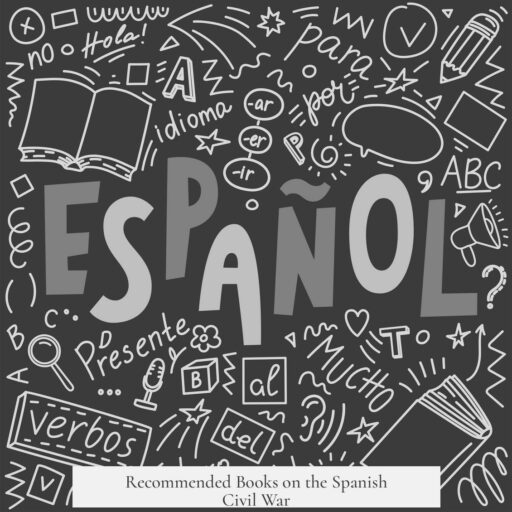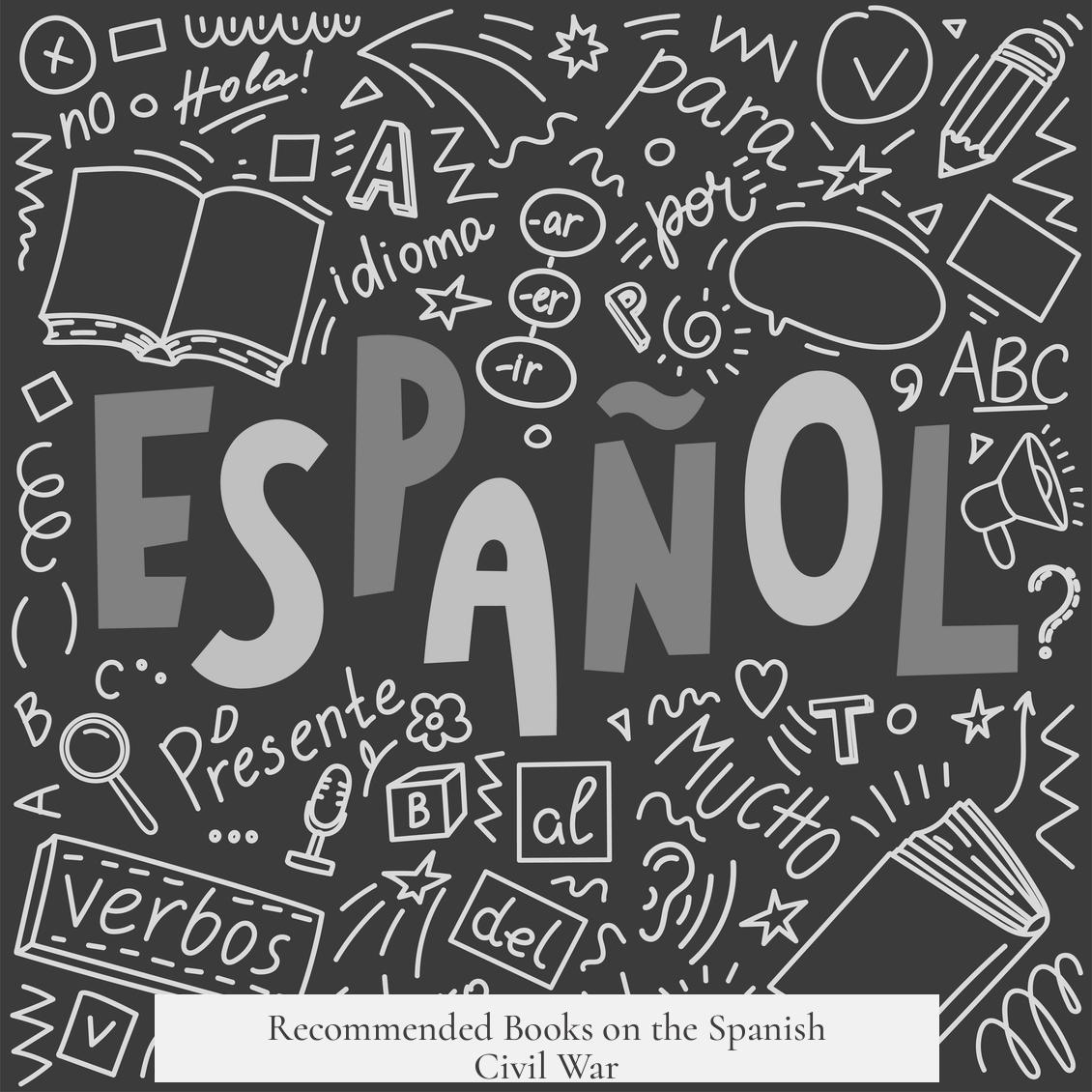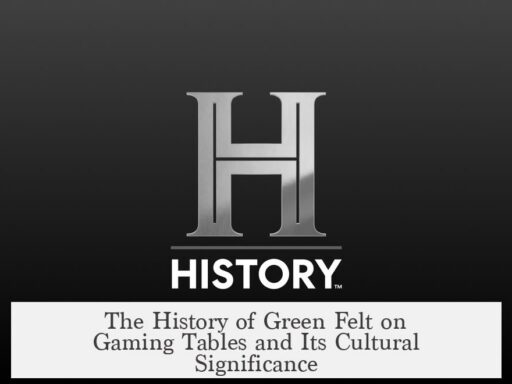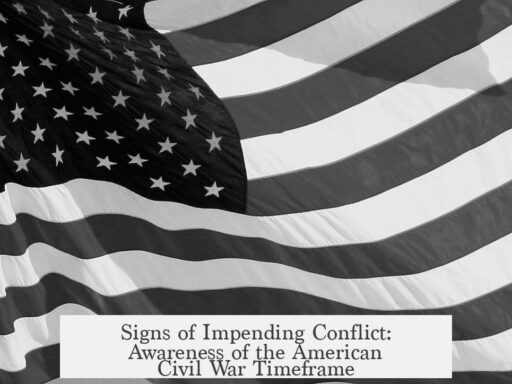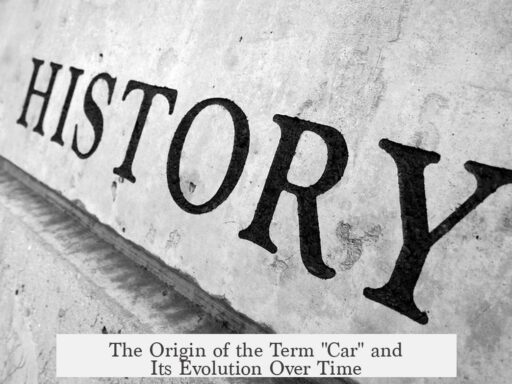Several books offer valuable insight into the Spanish Civil War, covering general histories, social context, cultural perspectives, and personal accounts. Recommendations range from broad overviews to specialized studies illustrating the complexity of the conflict.

For those seeking a broad overview, Spain, 1833-2002: People and State by Mary Vincent (2007) provides a solid foundation. It contextualizes the war within Spain’s social and cultural history, making it an excellent starting point.
To explore cultural and social histories during the war itself, consider The Splintering of Spain: Cultural History and the Spanish Civil War, 1936–1939 edited by Ealham and Richards (2005). This collection of essays offers diverse viewpoints, allowing readers to focus on sections tailored to their interests.
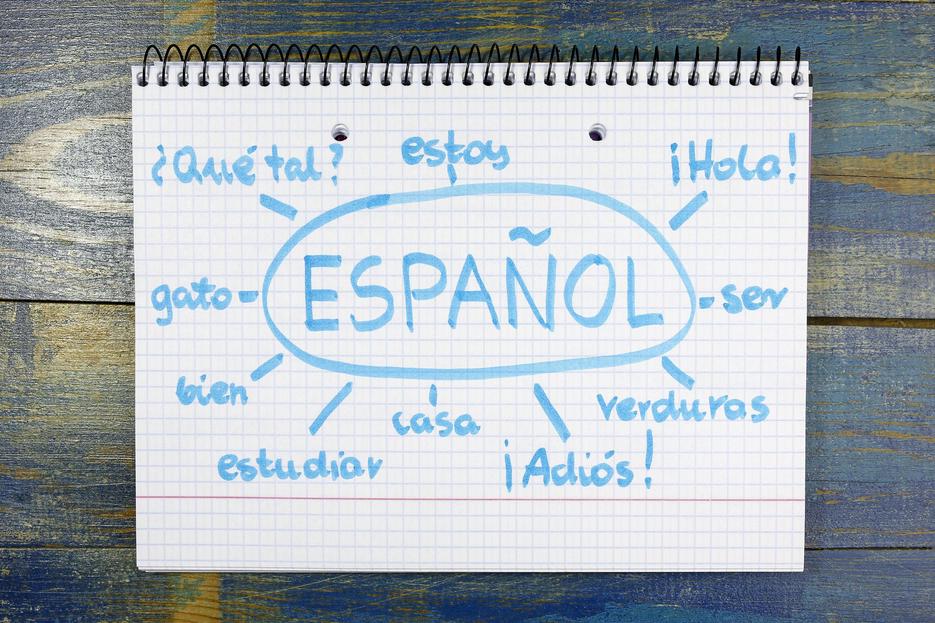
Michael Seidman’s Republic of Egos: A Social History of the Spanish Civil War (2002) presents a social history with a distinctive thesis. While its argument may be debated, it still contains insightful content for understanding societal dynamics during the war.
Regarding pre-war context, recent scholarship highlights politics and culture in 1930s Spain. For deeper insight into Spanish anarchism, James Yeoman’s Print Culture and the Formation of the Anarchist Movement in Spain, 1890-1915 (2019) and Matt Kelly’s Unite, Proletarian Brothers! Radicalism and Revolution in the Spanish Second Republic, 1931–1936 (2020) provide detailed studies. These works complement or surpass classic narratives, such as George Orwell’s writings, by emphasizing anarchism’s roots and evolution before the conflict.
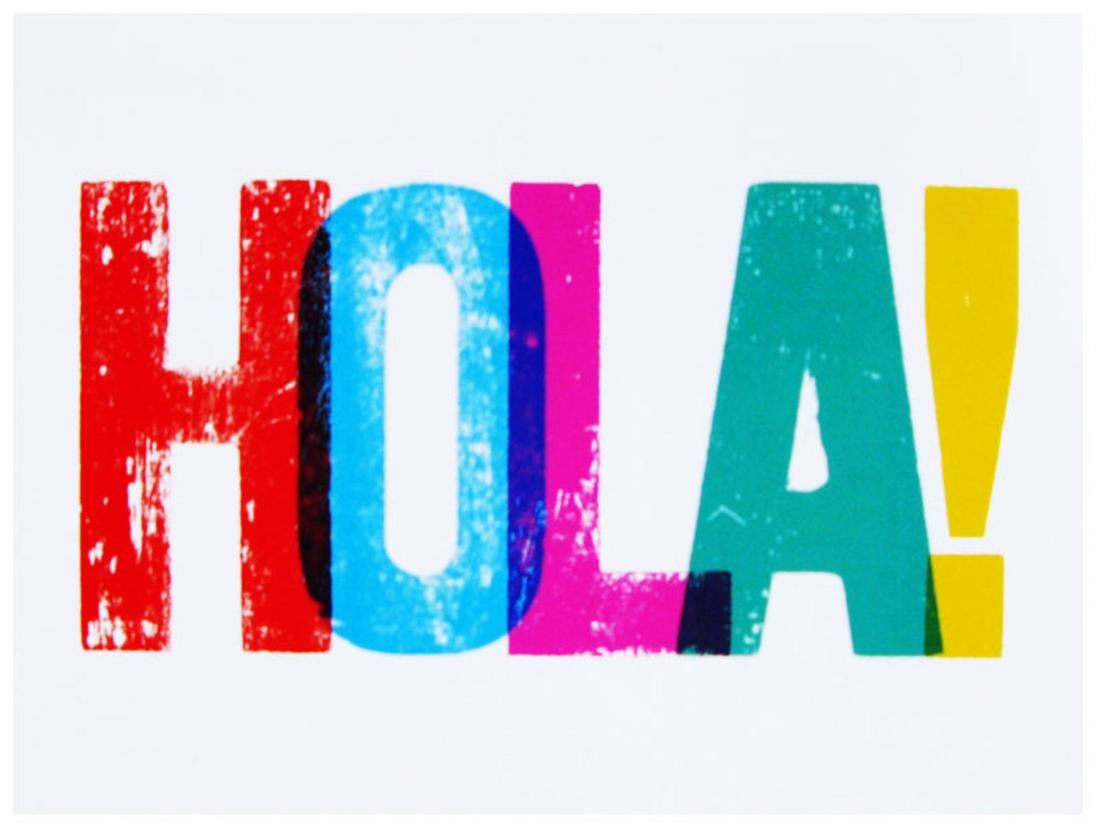
Art and culture also intersect with the war in striking ways. Robin Greeley’s Surrealism and the Spanish Civil War (2006) sheds light on surrealism’s response to the conflict and the broader rise of fascism. The book also explores Salvador Dalí’s complicated political stance during this period, offering a unique angle on artistic engagement with the war. Additionally, a vast scholarly literature covers artistic, literary, and cinematic responses, reflecting the cultural memory of the war.
Paul Preston offers two notable texts that provide different perspectives on the Civil War. We Saw Spain Die: Foreign Correspondents in the Spanish Civil War examines how international journalists reported on the conflict. It offers firsthand insights into how the war was portrayed globally. ¡Comrades! Portraits from the Spanish Civil War profiles key figures from both Republican and Nationalist sides, giving readers understanding of the main players involved.
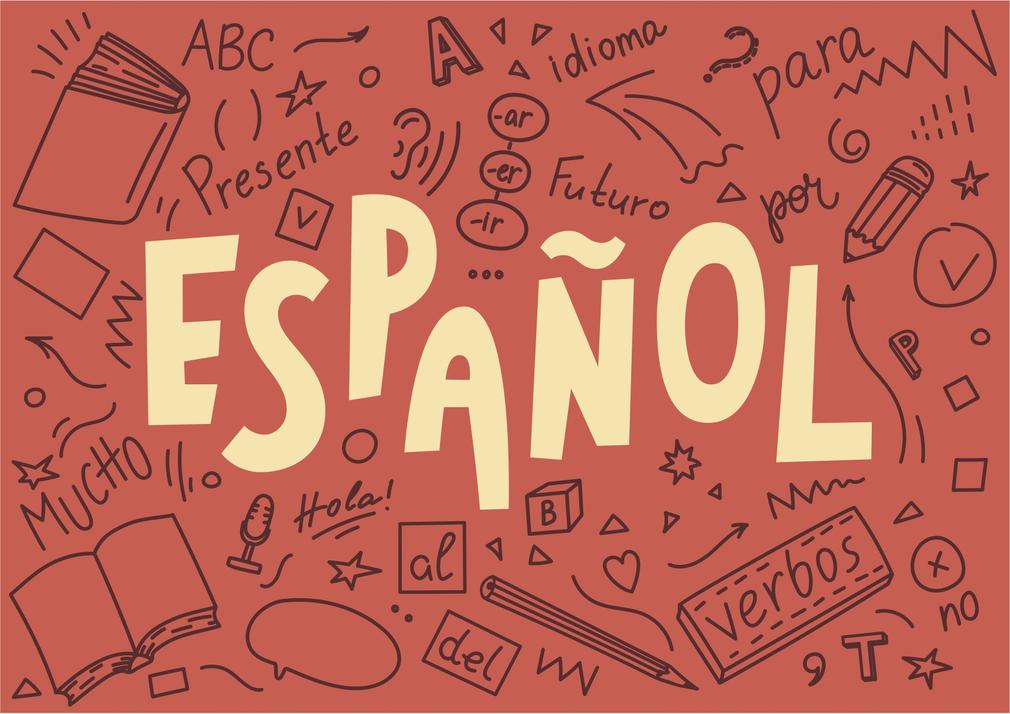
For firsthand experience, George Orwell’s Homage to Catalonia remains essential. It is not a traditional history book but a personal memoir from Orwell’s time fighting with the International Brigades. This account offers vivid descriptions and subjective insights into the complexities of the war’s internal politics. Orwell belonged to the POUM, a Trotskyist group, and his narration highlights the tensions between various leftist factions and the repression by the Soviet-aligned Spanish Communist Party during events like the Barcelona May Days.
Many of these books are listed in the Spain section of the AskHistorians subreddit booklist, curated by /u/crrpit. This resource is regularly updated and offers a comprehensive range of books for different interests within the topic of the Spanish Civil War.
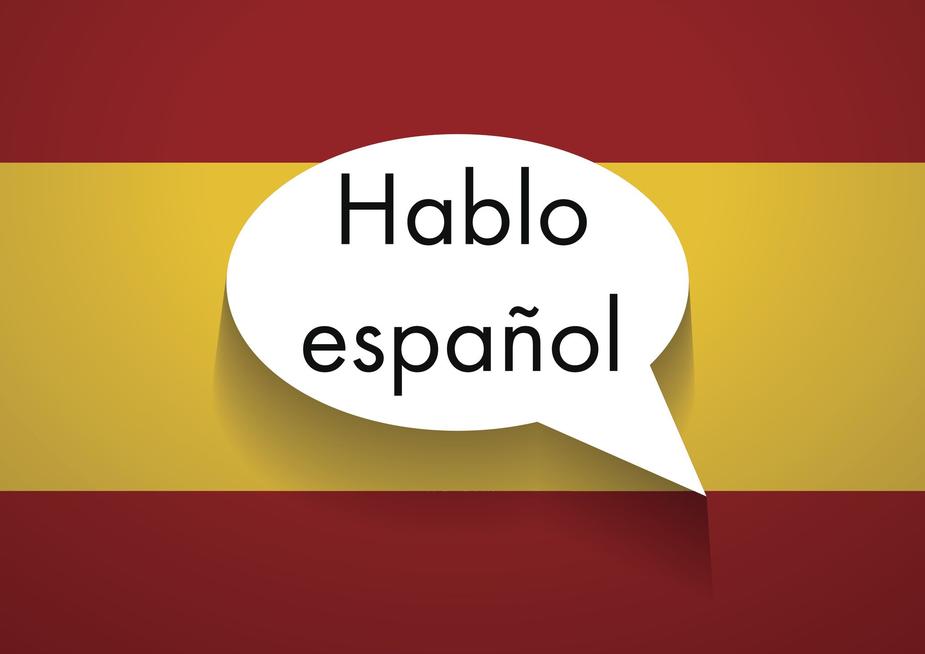
| Book Title | Author(s) | Focus Area | Publication Year |
|---|---|---|---|
| Spain, 1833-2002: People and State | Mary Vincent | Social/Cultural Context | 2007 |
| The Splintering of Spain | Edited by Ealham & Richards | Cultural History of War | 2005 |
| Republic of Egos | Michael Seidman | Social History | 2002 |
| Print Culture and the Formation of the Anarchist Movement | James Yeoman | Anarchism Pre-War | 2019 |
| Unite, Proletarian Brothers! | Matt Kelly | Radicalism & Revolution | 2020 |
| Surrealism and the Spanish Civil War | Robin Greeley | Art History | 2006 |
| We Saw Spain Die | Paul Preston | Foreign Correspondents’ Accounts | N/A |
| ¡Comrades! Portraits from the Spanish Civil War | Paul Preston | Key Players | N/A |
| Homage to Catalonia | George Orwell | Firsthand Memoir | 1938 |
Each book serves different purposes:
- Vincent and Ealham/Richards provide broad context and cultural perspectives.
- Seidman and Yeoman focus on social dynamics and ideological movements.
- Greeley explores the artistic dimensions associated with the war.
- Preston’s volumes deliver insight into individuals and media during the conflict.
- Orwell’s memoir offers an accessible, personal narrative from the front lines.
These works together create a multifaceted understanding of the Spanish Civil War. They cater to readers interested in political, social, cultural, and personal angles, making them reliable starting points or deeper examinations.
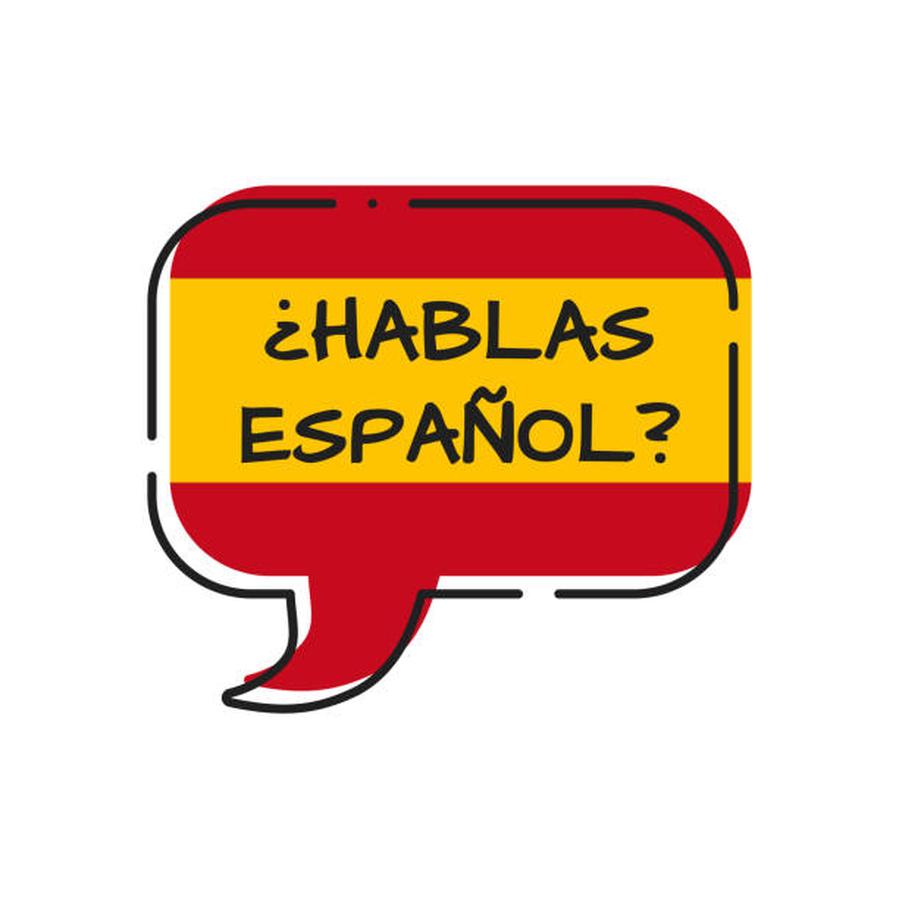
Key takeaways:
- Start with Mary Vincent for social and cultural context.
- The Splintering of Spain offers diverse cultural essays on the war.
- James Yeoman and Matt Kelly provide specialized studies on anarchism and radicalism.
- Paul Preston’s books reveal foreign perspectives and key figures.
- George Orwell’s Homage to Catalonia is a compelling firsthand account.
- The AskHistorians subreddit booklist is a valuable curated resource.
Can someone recommend a book (or a few) on the Spanish Civil War?
Absolutely! The Spanish Civil War has inspired a rich library of books, each revealing different layers of this tumultuous chapter in history. Whether you want gripping firsthand accounts, cultural insights, or political analyses, there’s a book tailored for you. Let’s embark on an engaging tour through some of the best recommendations that shed light on the Spanish Civil War’s many facets.
First off, if you are looking for a well-rounded introduction to the larger social and cultural context surrounding the war, Mary Vincent’s Spain, 1833-2002: People and State (2007) is a solid pick. It covers the long-term threads leading up to the conflict, helping readers understand that the war didn’t just erupt out of nowhere. Vincent’s work situates the Civil War within Spain’s complex historical and social fabric, giving you a foundation that’s both broad and insightful.
Now, what if you want a closer look at the war era itself? Here’s where The Splintering of Spain: Cultural History and the Spanish Civil War, 1936–1939 (2005), edited by Ealham and Richards, shines. It’s a collection of essays, which means you get multiple perspectives in one place. You can pick and choose chapters according to what piques your interest—whether politics, social movements, or cultural upheavals. It’s like building your own custom course on the war.
Not every suggestion nails it perfectly, so let’s talk about Michael Seidman’s Republic of Egos: A Social History of the Spanish Civil War (2002). The author’s thesis has been described as overstated or undersupported in some scholarly circles, but if you crave a novel social history approach, this book delivers intriguing content that aligns with many reader interests. Sometimes a little controversy spices up your reading!
Pre-war context matters too. To grasp how things spiraled into civil conflict, delve into Spanish anarchism and radicalism with James Yeoman’s Print Culture and the Formation of the Anarchist Movement in Spain, 1890-1915 (2019) and Matt Kelly’s Unite, Proletarian Brothers! Radicalism and Revolution in the Spanish Second Republic, 1931–1936 (2020). These books illuminate the roots of political unrest and popular movements who shaped the atmosphere before shots were fired. They offer depth beyond the typical George Orwell narrative, unpacking anarchists’ ideologies and roles.
Speaking of Orwell, you can’t talk about firsthand experiences without mentioning his classic Homage to Catalonia. It’s arguably the most accessible personal memoir about the International Brigades’ fighters. Orwell was entangled with the POUM, a Trotskyist party, and he witnessed some of the war’s most dramatic moments, including the Barcelona May Days and conflicts within the Republican camp. His perspective is vivid and compelling, revealing political betrayals and brutal infighting on the Republican side.
Interested in art and culture’s role amid the chaos? Surrealism had an unexpected yet fascinating relationship with the war. Robin Greeley’s Surrealism and the Spanish Civil War (2006) explores how surrealists viewed and interacted with the conflict. It even touches on Salvador Dalí’s perplexing and ambiguous political stance during this period. This isn’t your standard war history—it’s a peek into the creative and ideological battles that paralleled the physical ones. Plus, this field boasts a massive literature exploring the artistic, literary, and cinematic aftermath of the war.
For fresh angles and vivid storytelling about the media’s role, Paul Preston’s two books are gems. We Saw Spain Die: Foreign Correspondents in the Spanish Civil War gives you the perspective of international journalists who risked everything to report on the conflict. How did outsiders view Spain’s bloody struggle? What influence did their stories have abroad? Preston’s detailed research answers these questions.
If you want portraits of the people who shaped the war, Preston’s ¡Comrades! Portraits from the Spanish Civil War sketches vivid portraits of key players from both Republican and Nationalist sides. This book is a rich resource for readers hungry to understand leaders, fighters, and influencers beyond dry biographies.
One practical tip: A fantastic resource for general book recommendations is the Spain section of the AskHistorians subreddit booklist. Curated by knowledgeable history buffs like /u/crrpit, it compiles scholarly and popular books, helping you easily prioritize your reading list.
Now, you might wonder, after all these scholarly tomes and firsthand memoirs, where should you start? Here’s a suggestion: Begin with Vincent’s broad historical context, then move to Orwell’s memoir for an emotional, vivid experience on the frontlines. Next, dive into cultural essays like in the Splintering of Spain to understand diverse perspectives. Finally, explore Preston’s works and anarchist-focused books for nuanced political and human angles.
Why bother with such detailed reading? Because understanding the Spanish Civil War means going beyond battles and dates. It means grappling with culture, ideology, and human drama intertwined tightly like a high-stakes drama unfolding across Spain’s landscapes. It’s a war that resonates far beyond its era, touching themes of ideology clashes, foreign intervention, art in resistance, and social upheaval—sound familiar in today’s world too?
So, what’s your next read? Fancy exploring anarchist print culture or prefer journalism’s raw immediacy in wartime? How about surrealism’s strange political dance or firsthand soldier memoirs? The books recommended here promise to satisfy your curiosity and fuel your understanding of one of the 20th century’s most fascinating conflicts.
Recommended Spanish Civil War Books Summary:
- Mary Vincent – Spain, 1833-2002: People and State (Contextual history)
- Ealham & Richards (eds) – The Splintering of Spain (Cultural history essays)
- Michael Seidman – Republic of Egos (Social history)
- James Yeoman – Print Culture and the Formation of the Anarchist Movement
- Matt Kelly – Unite, Proletarian Brothers! (Anarchism and Radicalism)
- George Orwell – Homage to Catalonia (Firsthand memoir)
- Robin Greeley – Surrealism and the Spanish Civil War (Art and politics)
- Paul Preston – We Saw Spain Die & ¡Comrades! (Journalism and portraits)
And lastly, if you want a quick gateway into an excellent collection of these works, the AskHistorians Spain booklist is like a treasure map for exploring the rich world of Spanish Civil War scholarship. Happy reading, and may your curiosity about this gripping conflict run as deep as its history!
Q: What books provide a good social and cultural overview of the Spanish Civil War era?
Mary Vincent’s Spain, 1833-2002: People and State offers a strong social and cultural background. Also, the essays in Ealham and Richards (eds), The Splintering of Spain: Cultural History and the Spanish Civil War, 1936–1939, provide varied perspectives.
Q: Are there any recommended books for understanding the political and cultural context before the war?
James Yeoman’s Print Culture and the Formation of the Anarchist Movement in Spain, 1890-1915 and Matt Kelly’s Unite, Proletarian Brothers! explore anarchism and politics in 1930s Spain well.
Q: Which books focus on the artistic and cultural response to the Civil War?
Robin Greeley’s Surrealism and the Spanish Civil War examines surrealism’s take on the conflict. There’s also extensive literature on art and memory related to the war’s literary and cinematic impact.
Q: What are some notable first-hand accounts of the Spanish Civil War?
George Orwell’s Homage to Catalonia is a key memoir from a fighter in the International Brigades, offering detailed personal experiences and insight into internal Republican conflicts.
Q: Can you recommend books highlighting foreign correspondents and key figures of the war?
Paul Preston’s We Saw Spain Die covers foreign correspondents’ experiences, while ¡Comrades! Portraits from the Spanish Civil War profiles major individuals from both Republican and Nationalist sides.
